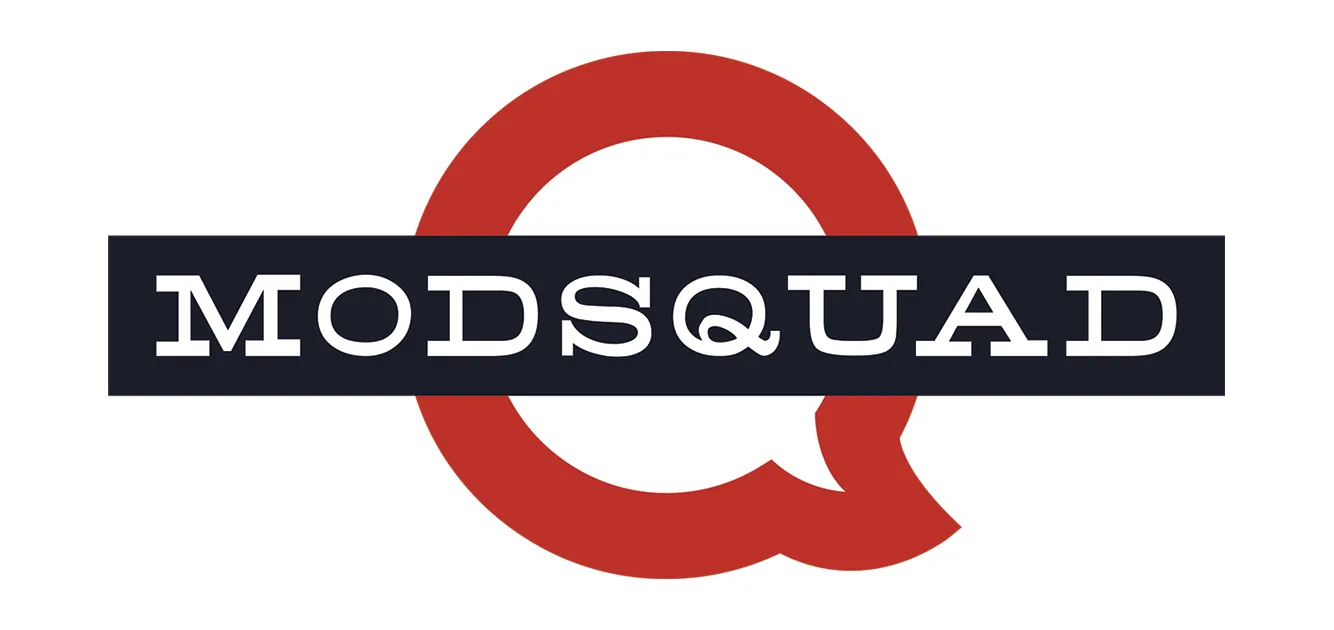
Great Expectations, Part Seven: Use the Alpha Build For No
By Sanya Weathers
One of the best things about an unlaunched product is that the answer to everything is “maybe yes.” The users and the developers are free to dream about features, activities, nuanced content, and adrenaline-fueled battles. Customer service is always responsive, and the developers always have time to chat. The players are always thoughtful and interesting, and if anyone gets upset, well, it’s just because they care so much.
Then the game launches, and suddenly the whole world is one big tl;dr. But that’s another post for another day.
The real problem is that the developers and their officially designated talking heads don’t want to say no. There are as many reasons for this as a feral dog has fleas. The developer might be holding out hope that his idea will still make it into the game. The financial people might have hair trigger panic attacks whenever they see a potential customer walk away (even if it’s a customer the product never had a chance to keep in the first place). Work on the feature under discussion might not have begun and definitive answers either way might be impossible.
But the biggest reason for avoiding “no” in MMOs is because the typical early adopter (at least in gaming) tends to be someone whose preferences don’t translate to a mass market level, but the mass market kind of player isn’t interested in playing an unfinished untested product and is therefore of limited use as someone who will build buzz.
Many people believe that catering to the early adopter is crucial to posting waves of big numbers on opening day, and to an extent, this is true. But unless the content is diverse enough to maintain its appeal to the early adopters without frightening off more casual users and newcomers to the product, the big numbers go out with the tide, leaving a line of debris on message boards and review sites.
This can be avoided by proper expectation management. Decide on your product’s core values and your typical customer profile before you say a single public word. Don’t throw in a feature because you want to attract a demographic you don’t plan to serve. Don’t design a niche game, and then neuter it because a bean counter thinks you could appeal to a much wider audience if you just take out everything original.
Use your alpha build period to start saying “no” when people say “what if” – and in the same breath as your no, tell them what you do have to offer. And if you don’t know the answer to that, you’re not ready to be in alpha.

